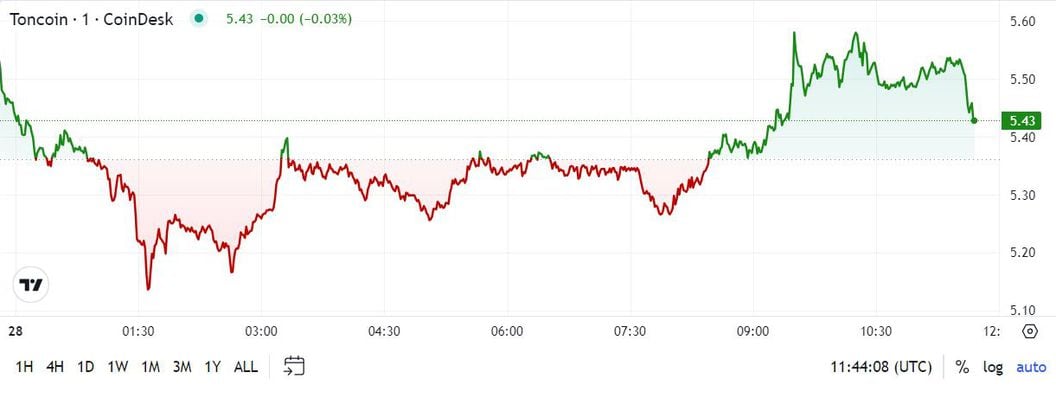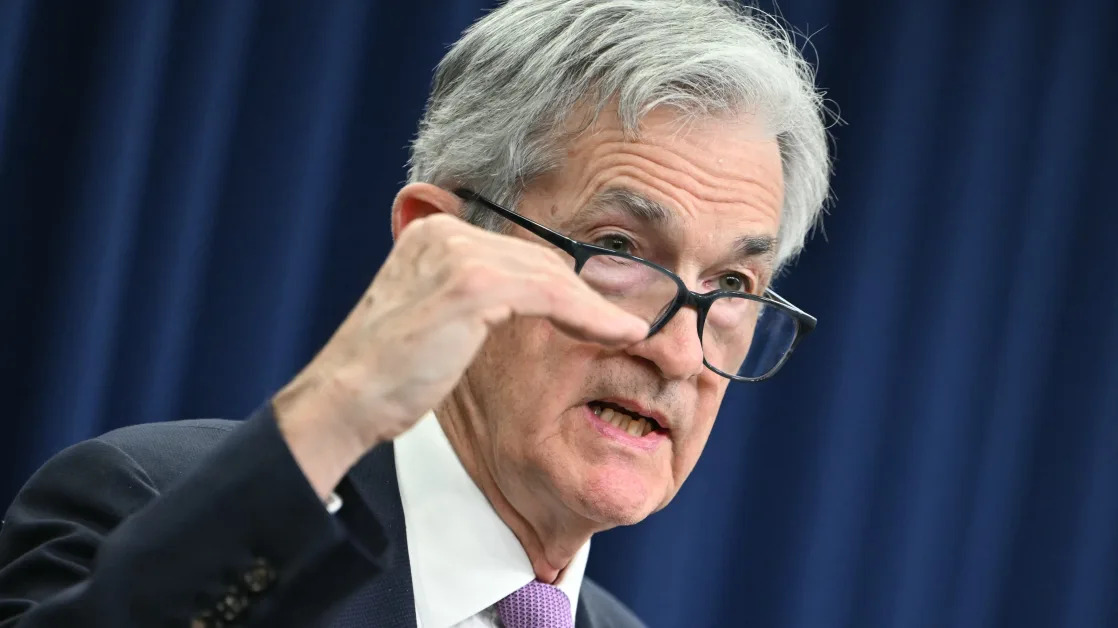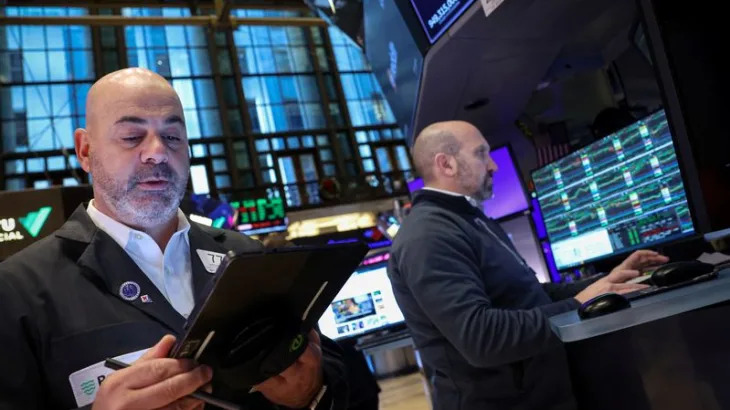On Friday, the price of bitcoin floated near $95,000, after reaching more than $108,000 earlier this month. Since the Christmas holiday, the world’s largest cryptocurrency has held steady near $95,000, as investors expect the world’s top cryptocurrency to eventually rally in 2025.
With U.S. president-elect Donald Trump’s second term set to begin in 2025, the digital asset industry is largely optimistic about bitcoin’s upcoming growth trajectory – particularly amid Trump's pledge to make the U.S. the world's “crypto capital.”
On Thursday, bitcoin exchange-traded funds (ETFs), which debuted this January, logged $475 million in inflows after four consecutive days of withdrawals.
Meanwhile, ETFs for the world’s second-largest crypto by market capitalization, ethereum, reached $89 million in inflows.
"The ETF inflows highlight robust institutional support, particularly as macroeconomic conditions improve and inflation appears to be easing,” BRN's lead analyst Valentin Fourner told The Block.
Slowing inflation and an increasingly stable economy are also factors making crypto more attractive.
Investors are also expressing growing interest in artificial intelligence in crypto projects and DeFi (decentralized finance). "AI-driven investments and high-performance DeFi platforms are gaining traction as the next frontier for growth," Bitget chief analyst Ryan Lee told The Block.
"[D]evelopments highlight a shift toward technologically advanced and innovative crypto investments, though they come with heightened risk," Lee said. "We recommend using small dips to strengthen exposure to bitcoin and ether."
By mid-2025, the world's largest cryptocurrency, bitcoin, is expected to potentially increase to $200,000 , according to analysts at Bitfinex.
“Our minimum price target for bitcoin remains at $140,000 - $200,000 around mid-2025,” Bitfinex analysts said . “The current bull market reflects strong institutional demand, led by ETFs and spot accumulation. Historical data suggests we are mid-cycle, following the April 2024 halving, with the market likely to peak around [the third and fourth quarter of] 2025, approximately 450 days post-halving. Historically, post-halving years have seen the strongest rallies.”






